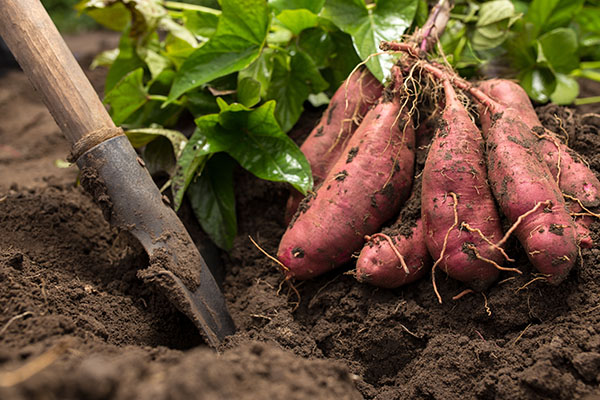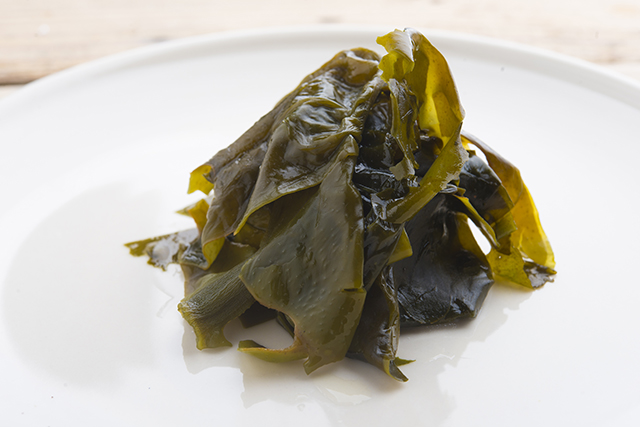
Researchers from the King Abdullah University of Science and Technology (KAUST) recently examined 52 herbal remedy plants that are native to Saudi Arabia to see if any of them had the potential to help in the fight against cancer. They have identified three plants that show anti-cancer properties and deserve further investigation.
Herbal medicine is widely used in Saudi Arabia, but people tend to rely on information passed down among generations rather than scientific studies. Therefore, the team set out to find some inexpensive and simple remedies that could be proven to help cancer scientifically. They created cell-based phenotypic profiles of the plants using imaging-based, high-content screening in order to determine their anti-cancer activity.
The three plants that showed a lot of promise were Anastatica hierochuntica, Citrullus colocynthis, and Juniperus phoenicea. All of these had potent anti-cancer substances known as topoisomerase inhibitors that could potentially be used to develop anti-cancer inhibitors. However, it could take some time before these active compounds can be properly tested and used in clinical treatments. Here is a closer look at each one.
Citrullus colocynthis
This plant, which is also known as bitter cucumber or Hanzal, is a vine native to desert areas in Asia and the Mediterranean Basin. It is particularly popular in Nigeria, where it is known as Egusi and has long been used for medicinal purposes against viruses, diabetes, and malaria. The ancient Ebers Papyrus scrolls show that ancient Egyptians used the herb as a treatment for swelling and rheumatism.
Anastatica hierochuntica
Also known as the rose of Jericho, the Resurrection plant, or Kaff Maryam, this plant is very common in the Sahara and Arabian deserts. In Middle Eastern societies, it is often consumed as an herbal tea. Although folk medicine touts its use in pregnancy, there are some concerns about it inducing labor.
Juniperus phoenicea
This small, conical shrub is native to the coastal Mediterranean, Sinai, Saudi Arabia and the Canary Islands. Also known as Phoenician juniper or Arar, it is related to the Juniperus communis plant, whose essential oils have long been known for their beneficial antioxidants and tannins. Juniper berries have been used to treat urinary and bladder problems and inflammation.
What other natural cures remain undiscovered?
There are a staggering number of plants growing across our planet whose potential benefits remain unexplored. Saudi Arabia is just one potential source, where, as the scientists in the KAUST study point out, many of the plants being used in traditional medicine have not been studied by scientists. Moreover, in the Amazon rainforest, which is home to one of the planet’s biggest and most diverse ecosystems, three new previously unknown organisms are being discovered every day on average, and many of their benefits have yet to be uncovered. Unfortunately, many of these valuable resources like the Amazon are being rapidly destroyed by deforestation and other human activity, possibly eliminating powerful cures to many of the problems facing modern human health.
Sources include:
Please contact us for more information.























